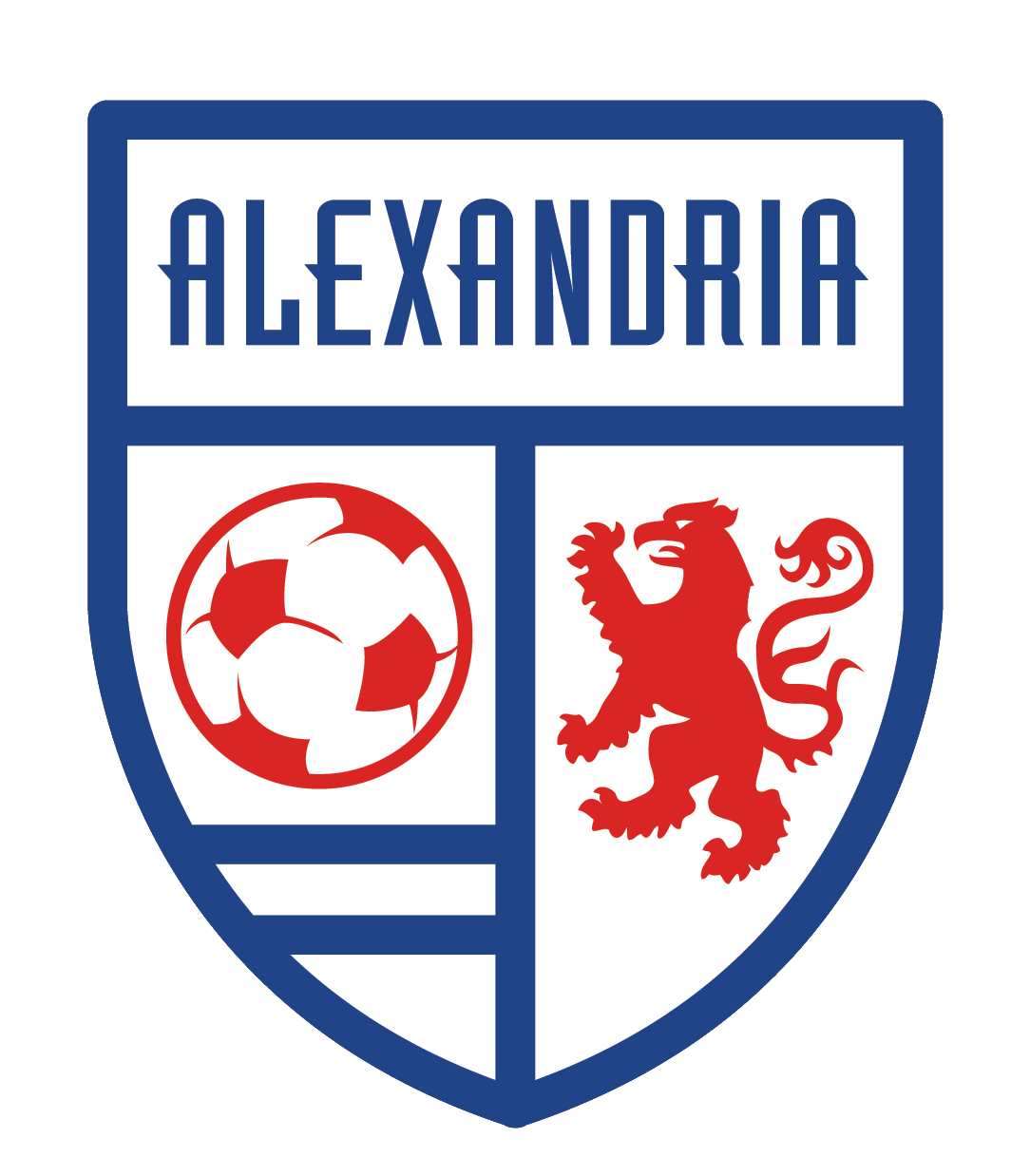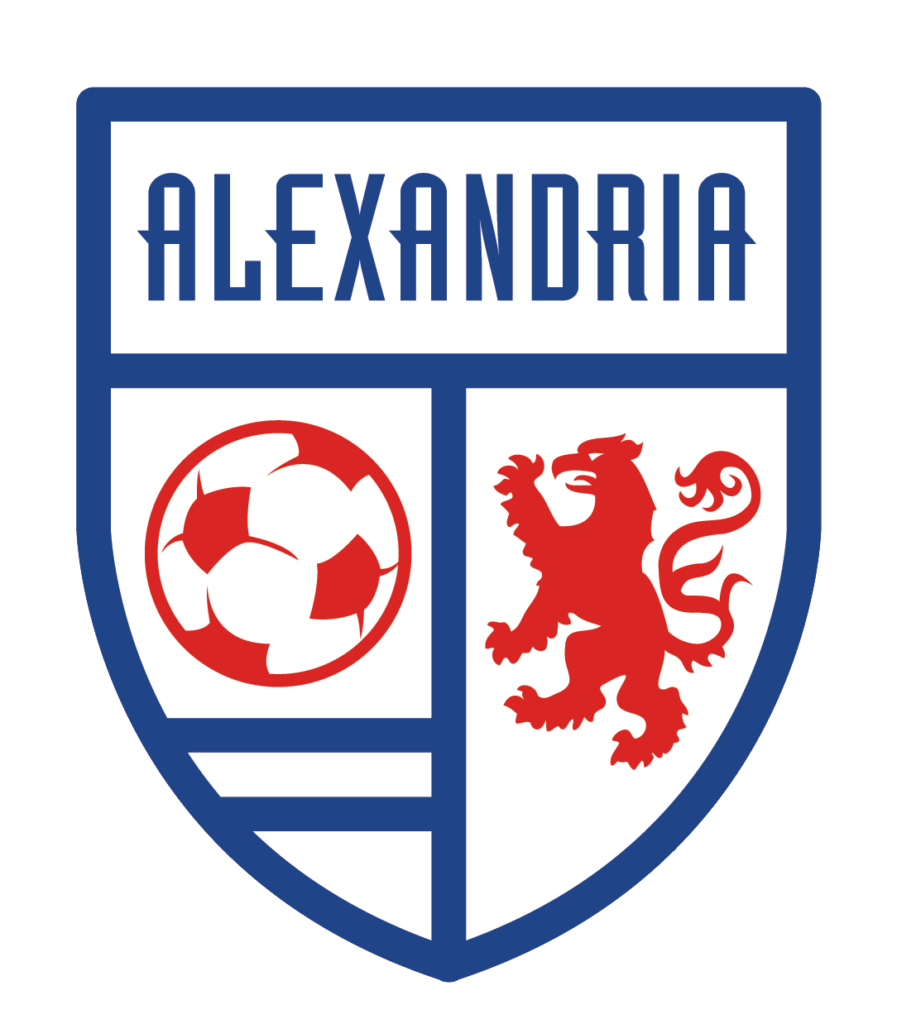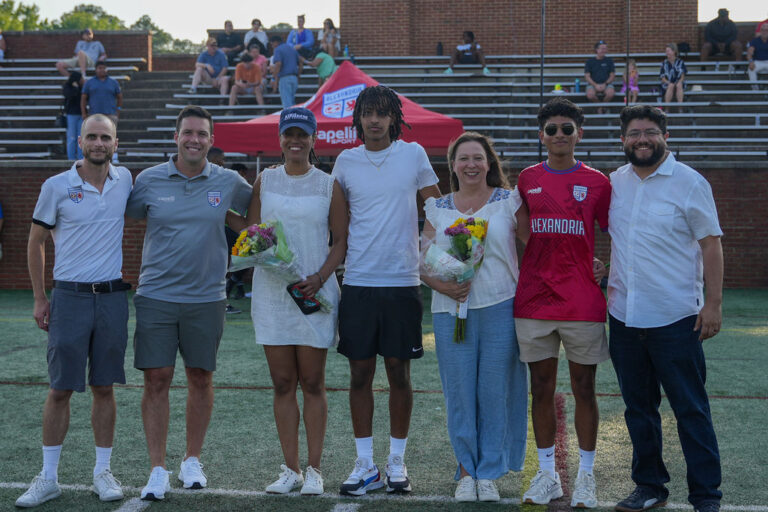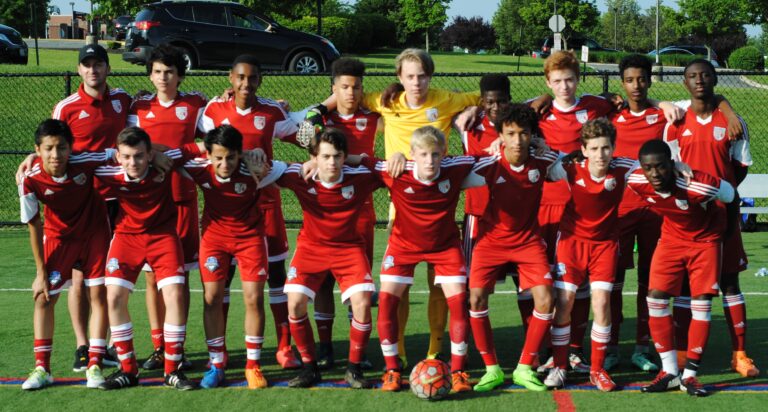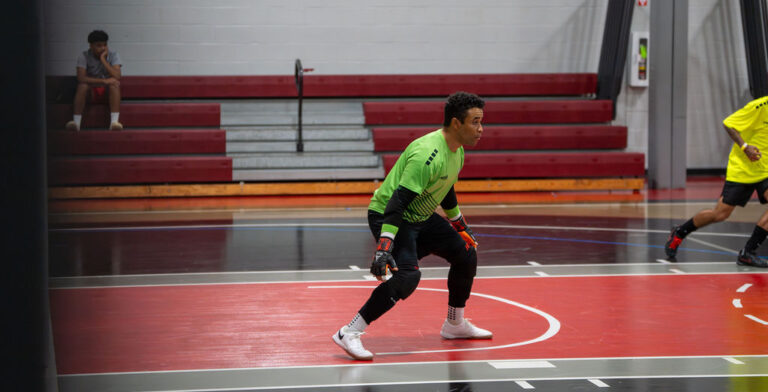Jennifer Schwartz is a Master Level Muscle Activation Techniques™ Specialist and certified Exercise Physiologist. She oversees Alexandria Soccer Association’s Injury Prevention and Fitness program and her exercise and rehab practice in Alexandria.
Teaching players about Active Recovery is part of a multidisciplinary approach that will help players learn about physiology and the physical components of high performance. At Alexandria Soccer Association we take pride in giving our athletes access to the best learning environment with a collaborative coaching approach.
Active Recovery is a blend of micromanaging energy and maintaining good healthy habits to balance the equation of competitive team sports and school. This is a practice that the smartest athletes will carry on with them into adulthood. Players should include nutrition, hydration, exercise, and water immersion as Active Recovery tools. This is especially important in a community where sport overlapping seasons are popular.
The main goals of Active Recovery are to reduce muscle soreness and preserve energy. The best way to integrate this is to allot 10–15 minutes per hour of training/playing to Active Recovery. In my opinion athletes need to develop some degree of self-sufficiency, self motivation, and self awareness as they move on towards their athletic potential. At ASA we are teaching this little by little so that the daily measurable actions add up to a practice of fitness autonomy.
What is muscle soreness and why does it matter?
Muscle soreness is a wide ranging term that people use to describe the sensational after effects of exercise or sports. There is evidence that when muscle soreness is present the muscles are also weaker and place a drain on the player in general. Some expert authors call it, Muscle Fever. I find this to be a more precise descriptor because the healing properties of inflammation are the underlying reasons for the soreness. The textbook term for exercise/sport related muscle soreness is Delayed Onset Muscle Soreness (DOMS).
Player’s responsibility
In a perfect world, all the coaching cues and health habit promoting would unleash a learning beast in every soccer player in our program. The effectiveness of this educational resource is very much dependent on the player’s belief in their body to be strong, resilient, and move with confidence. There are 3 key areas that require special attention and player ownership. They are nutrition, sleep, and self directed night/morning Active Stretch routine. Incremental action steps should be a part of their yearly development goals with Alexandria Soccer Academy.
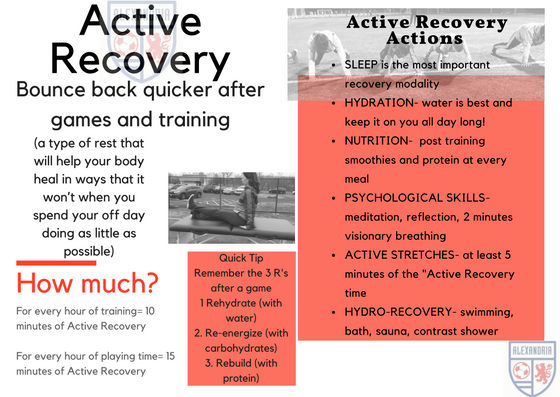
Coaching tools and team activities
From the coach’s perspective it is of value to think about how fresh players can be in each training session. This type of planning is called Periodization. Planning time to recover from games is important to ensure that players are available to execute our playing style to the utmost of their ability. Developing players to have the passion to work hard, and the maturity to know the importance of preparation and success is part of the long-term goal, the coach should reflect this in his or her approach.
Research has shown decreases in performance when acute and chronic fatigue are a regular occurrence (predisposing players to injury, but not necessarily always leading to injury) via:
- Decreased distance covered
- Increased tackles attempted (and missed)
- Reduced maximal sprint
- Reduced number of sprints
- Decreased jump height
Coaches should consider Active Recovery for their planning.
- Cool down
- Recovery protocol team session including active stretching, dynamic movements in the team warm-up and tactically focused training session
